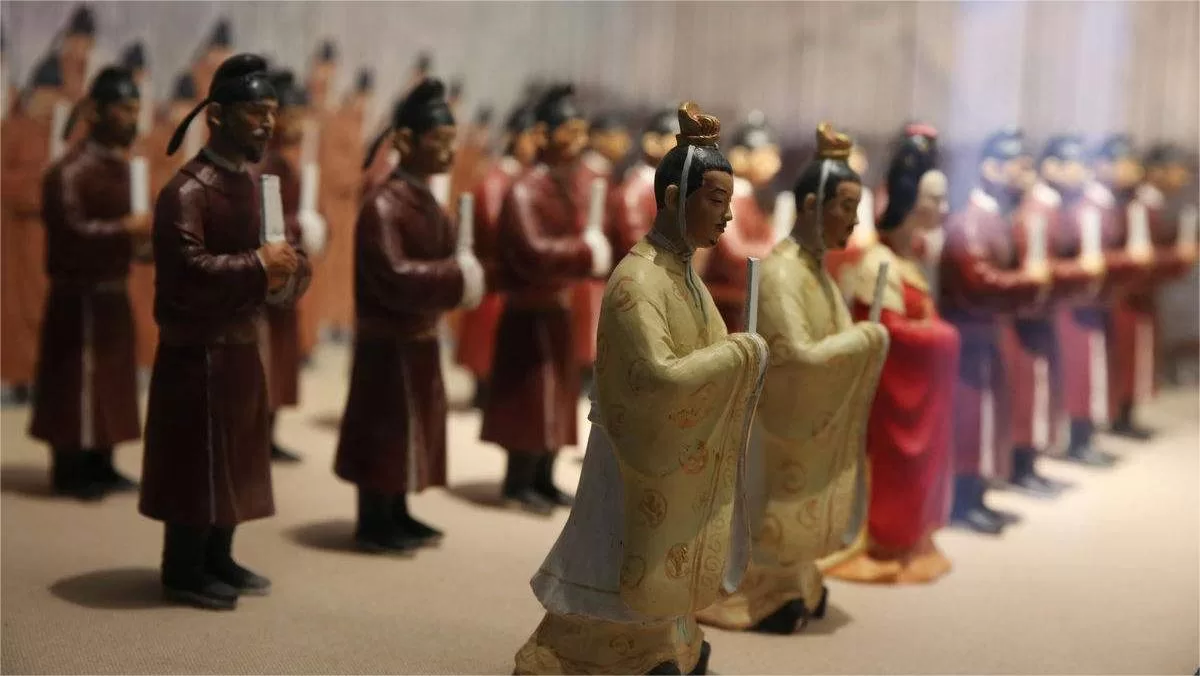Zhu Yuanzhang, commonly known as Emperor Hongwu, was an influential figure in Chinese history renowned for his role in founding the Ming Dynasty and establishing himself as its first emperor. His reign lasted from 1368 until his death in 1398. Zhu Yuanzhang’s accomplishments and policies left a lasting impact on Chinese society and governance. Here is a detailed introduction to his major contributions:
Overthrowing the Mongol Rule: Zhu Yuanzhang’s rise to power marked the end of the Yuan Dynasty, which was established by the Mongols. He started as a peasant and joined the Red Turban Rebellion, a popular uprising against the Mongol rule. Through military prowess and strategic alliances, Zhu successfully led a rebellion that eventually overthrew the Yuan Dynasty, establishing the Ming Dynasty.
Centralized Administration: As the first emperor of the Ming Dynasty, Zhu Yuanzhang implemented significant administrative reforms to consolidate his power and establish a strong centralized government. He introduced a bureaucratic system that included the establishment of ministries responsible for various aspects of governance, such as agriculture, finance, justice, and personnel. This centralized structure allowed for efficient governance and enhanced control over the empire.
Economic Reforms: Zhu recognized the importance of economic stability and prosperity for the empire. He implemented several reforms to stimulate agricultural production and economic growth. These reforms included reducing taxes on farmers, encouraging land reclamation, promoting irrigation projects, and improving infrastructure such as canals and roads. These measures led to increased agricultural productivity and enhanced the overall economic well-being of the people.
Military Reforms and Defense: Zhu Yuanzhang prioritized strengthening the military to defend against potential invasions and maintain stability within the empire. He established a standing army known as the “Weisuo” system, consisting of both professional soldiers and regional militias. Additionally, he implemented strict military regulations, enhanced the training of soldiers, and expanded the empire’s borders through military campaigns to secure the frontiers.
Land Reforms: Zhu implemented land reforms aimed at redistributing wealth and reducing social inequality. He introduced policies to break up large estates and return land to peasant farmers, which helped alleviate poverty and enhance social stability. These reforms also aimed to reduce the power of the landed gentry and prevent the accumulation of excessive wealth by the nobility.
Cultural and Educational Promotion: Zhu Yuanzhang recognized the significance of education and culture in the stability and prosperity of a nation. He established a national examination system to select government officials based on merit rather than hereditary status. This system allowed talented individuals, regardless of their social background, to enter the government and contribute to the administration. Zhu also promoted the construction of schools and the patronage of arts and literature, fostering a flourishing cultural environment during the early Ming Dynasty.
The Capital City of Nanjing: Zhu Yuanzhang chose Nanjing as the capital of the Ming Dynasty and oversaw the construction of a magnificent imperial palace and the famous city wall. Nanjing became a center of political, economic, and cultural activity during his reign and remained an important city throughout the Ming Dynasty.
Zhu Yuanzhang’s legacy as Emperor Hongwu is characterized by his remarkable rise from humble origins to founding a dynasty that would shape China for centuries. His administrative, economic, military, and cultural reforms contributed to the stability and prosperity of the early Ming Dynasty, leaving a lasting impact on Chinese history and governance.
Other facts about Zhu Yuanzhang


